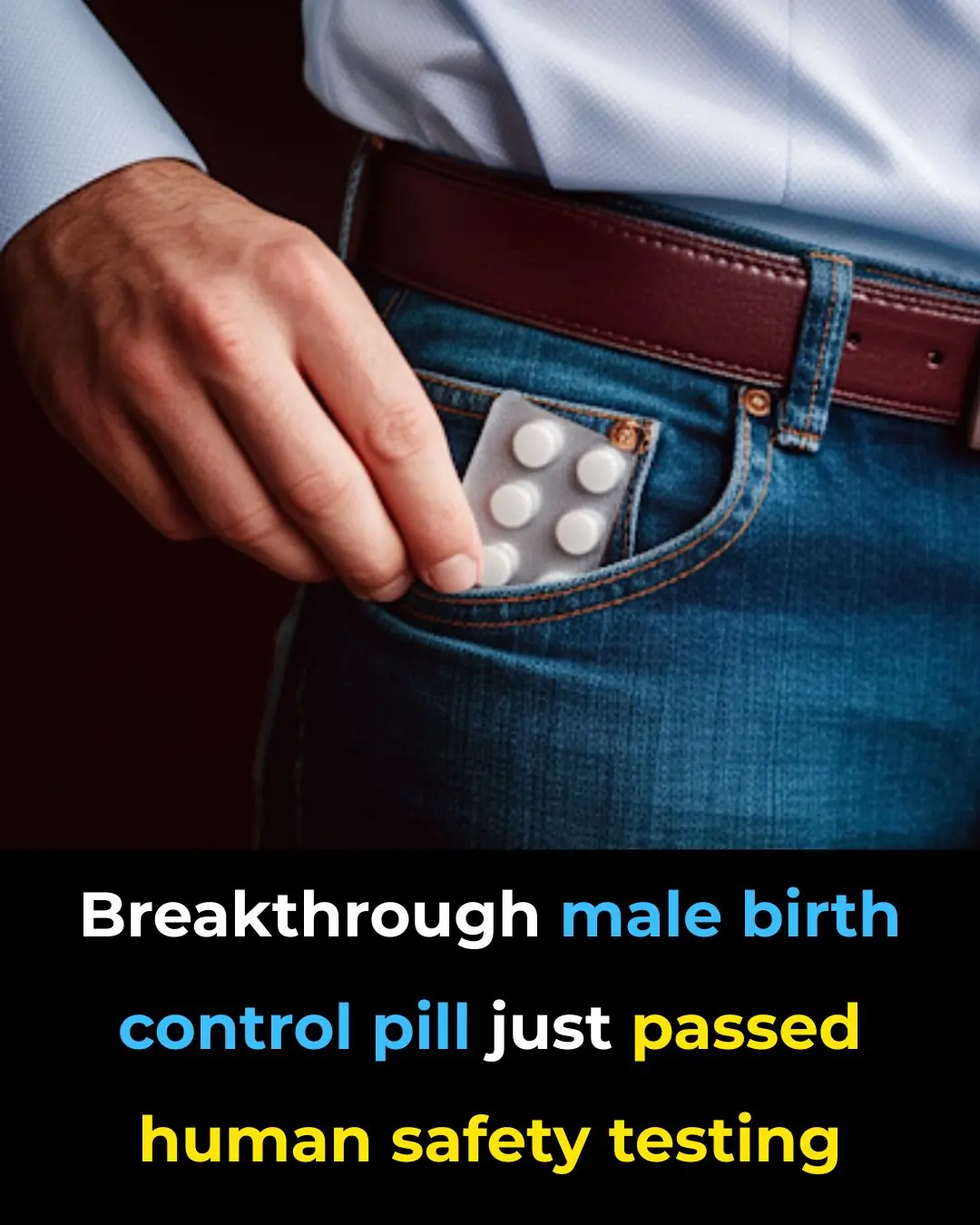
What 16 Miss Universe Winners Look Like Without Makeup — The Difference Stuns
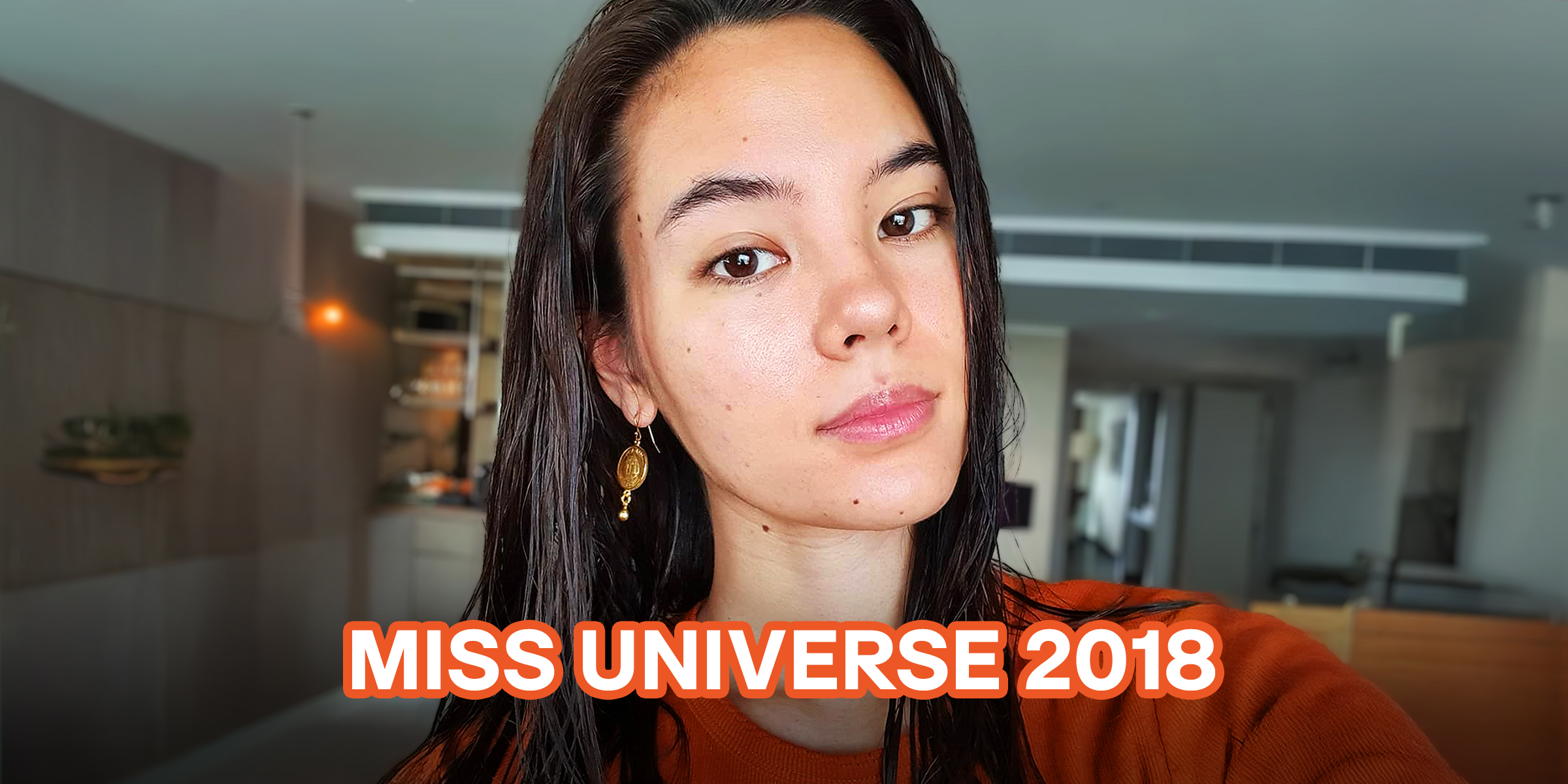 Miss Universe 2025: Celebrating 74 Years of Evolution, Beauty, and Authenticity
Miss Universe 2025: Celebrating 74 Years of Evolution, Beauty, and Authenticity
The Miss Universe pageant is entering its remarkable 74th year in 2025. Over the decades, the competition has remained a global spectacle, drawing millions of viewers and participants. While many contestants still turn to makeup and hair extensions to enhance their appearance, these enhancements can sometimes ironically age their features rather than accentuate their natural beauty.
This year’s competition promises to be more than just a celebration of glamor. Women from around the world will compete in a variety of categories and challenges to earn the coveted 2025 crown. However, as society continues to redefine beauty standards, more attention is being paid to the women behind the makeup—their stories, values, and unfiltered selves.
Before we dive into the natural side of some past winners, let’s take a look at how Miss Universe has transformed its rules and vision to reflect a more inclusive and progressive era.
Miss Universe’s Evolving and Inclusive Vision
The Miss Universe Organization proudly states on its website that its mission is to celebrate women’s empowerment, individuality, and transformative journeys. Over the years, this global platform has shifted from valuing surface-level aesthetics to honoring depth, authenticity, and diversity.
This evolution is rooted in the belief that beauty should not be confined by rigid standards but rather expressed through personality, leadership, cultural pride, and empathy. Contestants are increasingly judged not just on their physical appearance, but on their intellect, public speaking ability, humanitarian contributions, and personal growth.
The leadership of the organization reflects this shift as well. Raul Rocha Cantu serves as its president, while Anne Jakrajutatip—a trailblazing transgender woman and entrepreneur—is the Chief Executive Officer (CEO). Together, they’ve steered the organization toward becoming a more inclusive and socially relevant platform.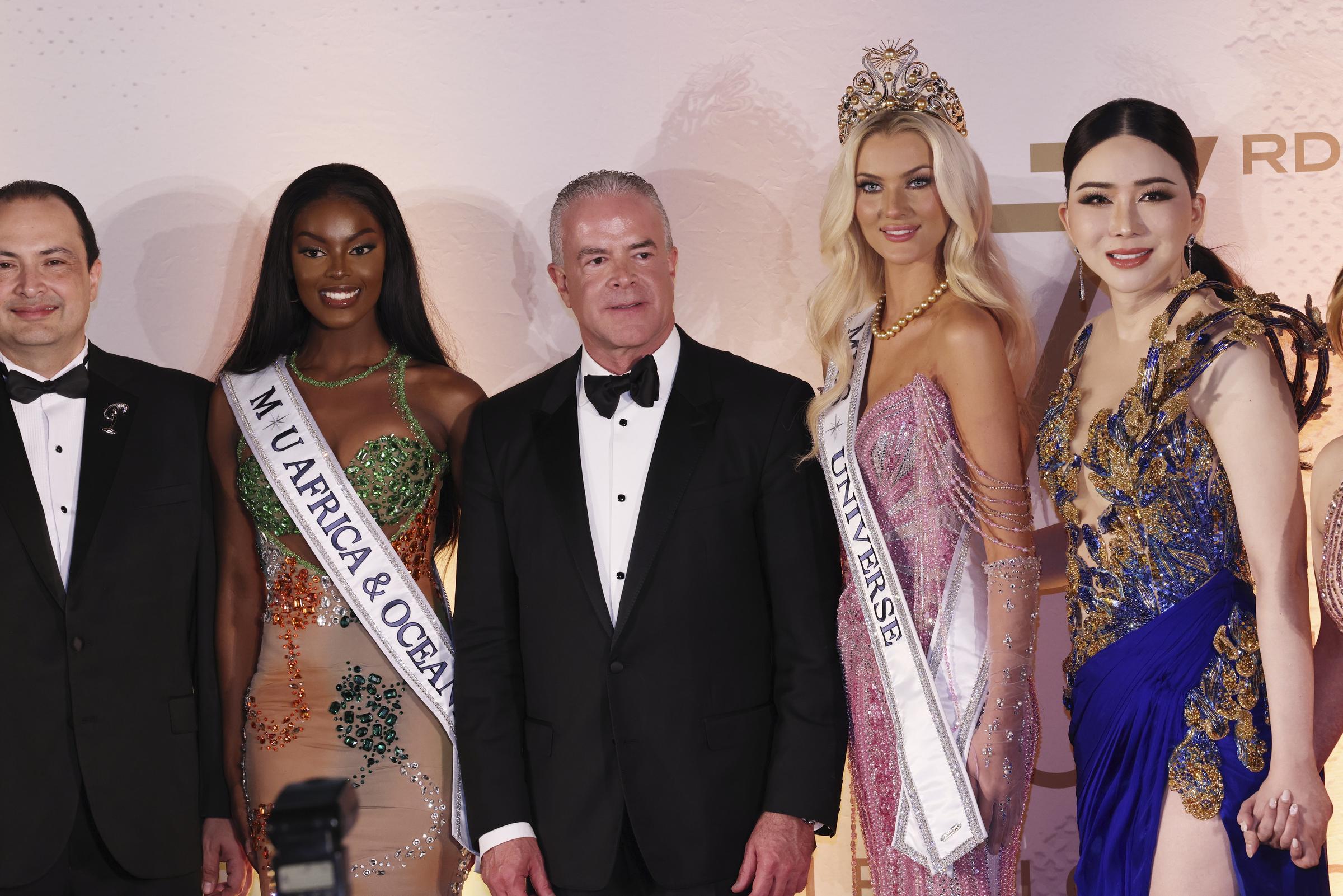
In a symbolic moment at a 2024 press conference in Mexico, Miss Nigeria Chidimma Adetshinar, Miss Denmark Victoria Kjær Theilvig, Raul Rocha Cantu, and Anne Jakrajutatip stood side-by-side, representing the diverse and united face of modern pageantry.
A New Era of Rules and Representation
In 2024, Miss Universe made history by eliminating the upper age limit for contestants, allowing any woman over 18 to compete. Previously capped at 28, this change welcomed older participants who had been previously excluded. Additionally, the competition now accepts women who are married, divorced, pregnant, or mothers—making it one of the most progressive pageants on the global stage.
R'Bonney Gabriel, Miss Universe 2022 and a Filipino-American fashion designer, praised the organization's inclusivity. She said, “What I love about Miss Universe is that they’re always first in line to evolve. They’ve built a platform that truly supports women from all walks of life.”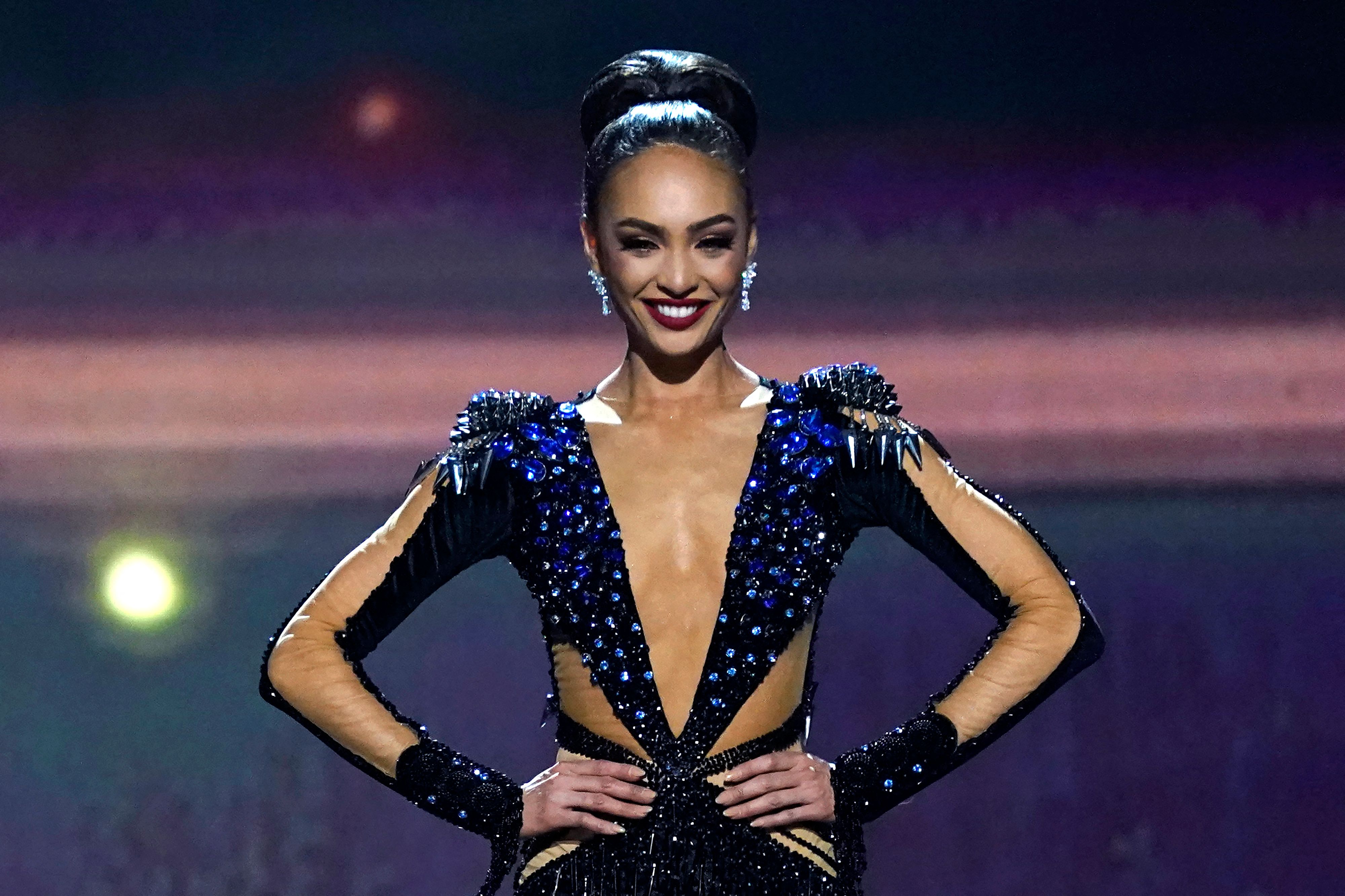
She continued, “It’s a bold group of women leading this space. And people are watching—they follow our lead. I’m proud we get to set the standard for what empowerment really looks like.”
Even regional competitions have embraced reform. In 2025, the Miss Côte d’Ivoire pageant in West Africa implemented a ban on wigs, weaves, and hair extensions during its early rounds. The move aimed to promote natural African beauty and break away from Eurocentric beauty ideals. Women were encouraged to compete with their natural hair—whether braided, twisted, or straightened—making it a landmark decision in cultural representation.
To further broaden participation, new rules also lowered entrance fees, raised the age threshold, and removed strict height requirements. While some welcomed the changes as liberating, others worried it might suppress individual expression or hurt local businesses in the beauty industry. Regardless, the initiative received strong support, and organizers are considering expanding the policy to the final rounds.
These sweeping changes represent a profound shift in the pageant's purpose: to uplift, not limit, the women involved.
A Platform That Now Honors Substance Over Surface
Gone are the days when beauty queens were judged solely on evening gowns and swimsuit presentations. Today’s Miss Universe values intelligence, leadership, and achievement. Traditional symbols such as the scepter, cape, and “Misses' Oath” have been phased out in favor of more meaningful expressions of a woman’s journey and contribution to society.
These changes highlight the organization’s commitment to becoming a true global ambassador for diversity and equality. Women now enter the competition not only to showcase their appearance but to inspire and advocate for real-world issues such as education, mental health, climate change, and gender equality.
Still, one unspoken topic in pageantry has quietly persisted—cosmetic surgery.
The Unspoken Reality: Cosmetic Enhancements in Pageantry
Though rarely discussed openly, cosmetic surgery has long played a role in the pageant world. Procedures such as breast augmentation, rhinoplasty, and even rib removal are not unheard of among contestants. These enhancements often help competitors align with a certain ideal—but also spark ethical and health-related concerns.
Ines Ligron, a respected coach in the Miss Universe circuit and former national director for Miss Universe Japan, candidly acknowledged that some of her protégés, including Riyo Mori (Miss Universe 2007), had undergone minor procedures. While Ligron doesn’t advocate surgery, she admits it’s sometimes beyond her control.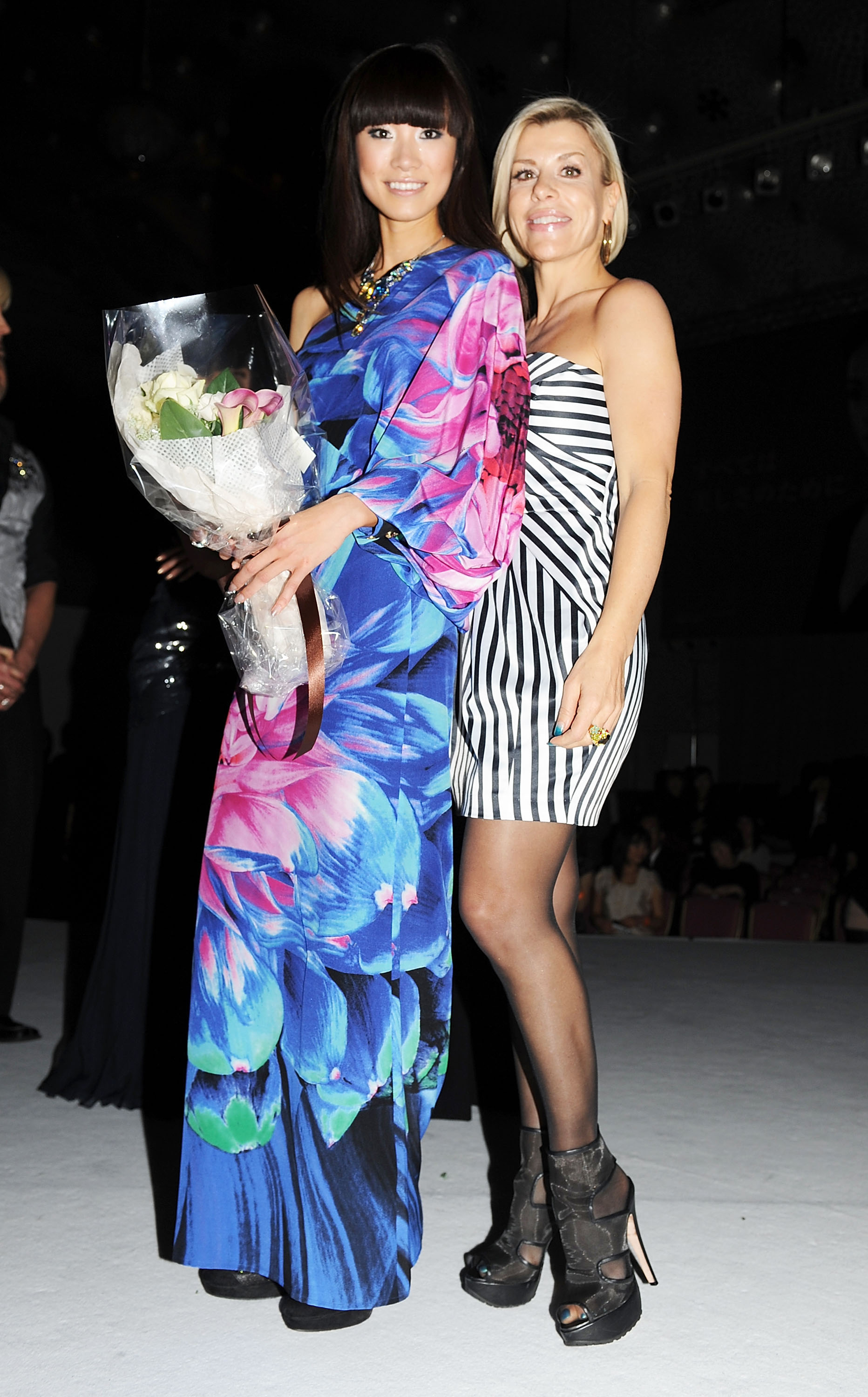
The tone of the competition shifted dramatically after Donald Trump purchased the Miss Universe Organization in 1996. The pageant moved away from male-driven fantasy toward a more sophisticated, women-centered experience. Ligron emphasized that modern contestants are trained to embody self-assurance and intellect, rather than unattainable perfection.
Despite the cultural acceptance of surgery in many countries, public opinion remains divided. While some applaud the transparency, others argue that the practice contradicts the authenticity the competition now claims to champion.
Miss Universe 2025: Reflecting on Beauty Through the Years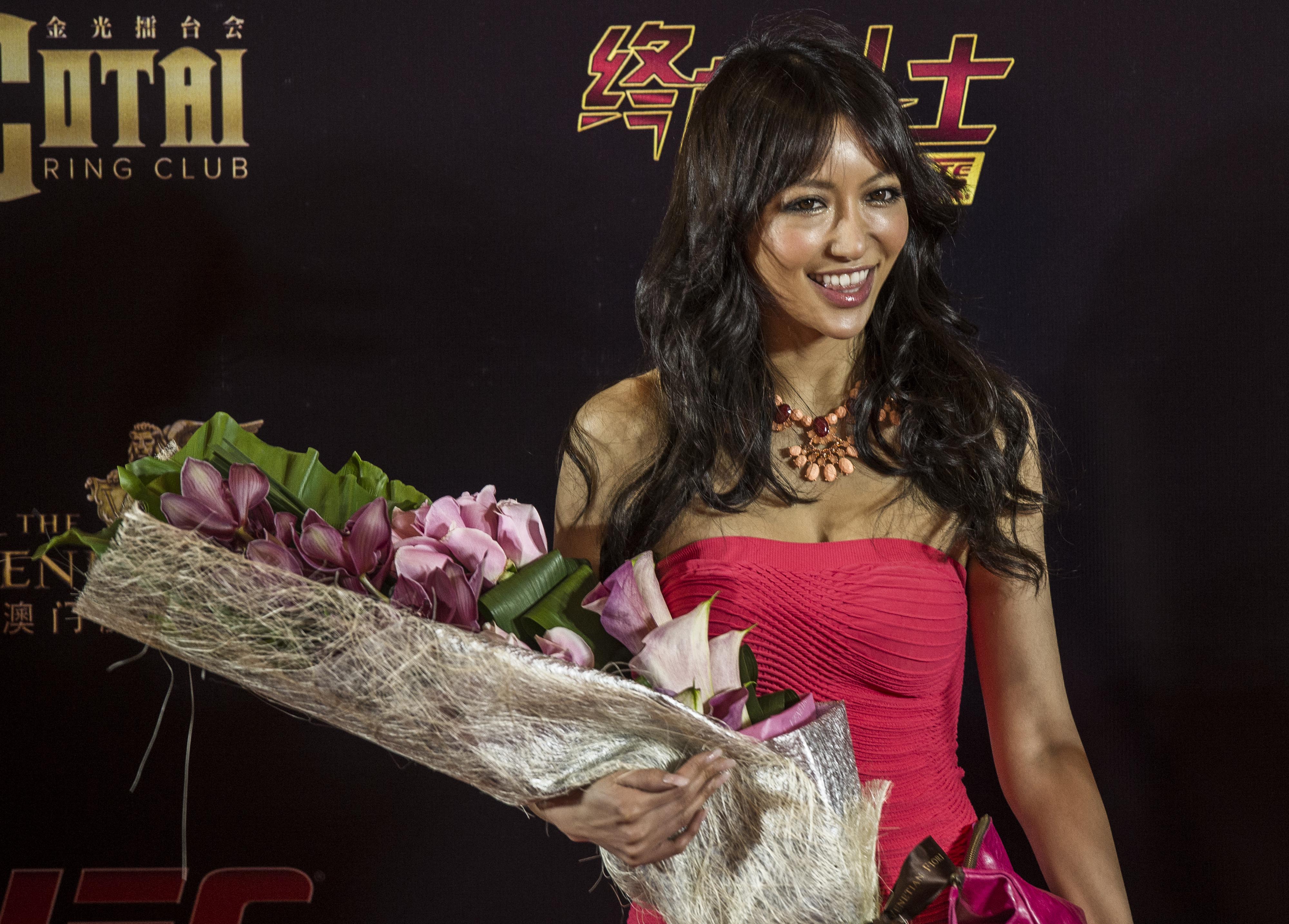
The 74th Miss Universe pageant will be hosted in Thailand on November 21, 2025—a fitting location given the country’s strong cultural ties to beauty, pageantry, and diversity. As anticipation builds, it's a great moment to look back on how former winners have embraced both glamor and authenticity.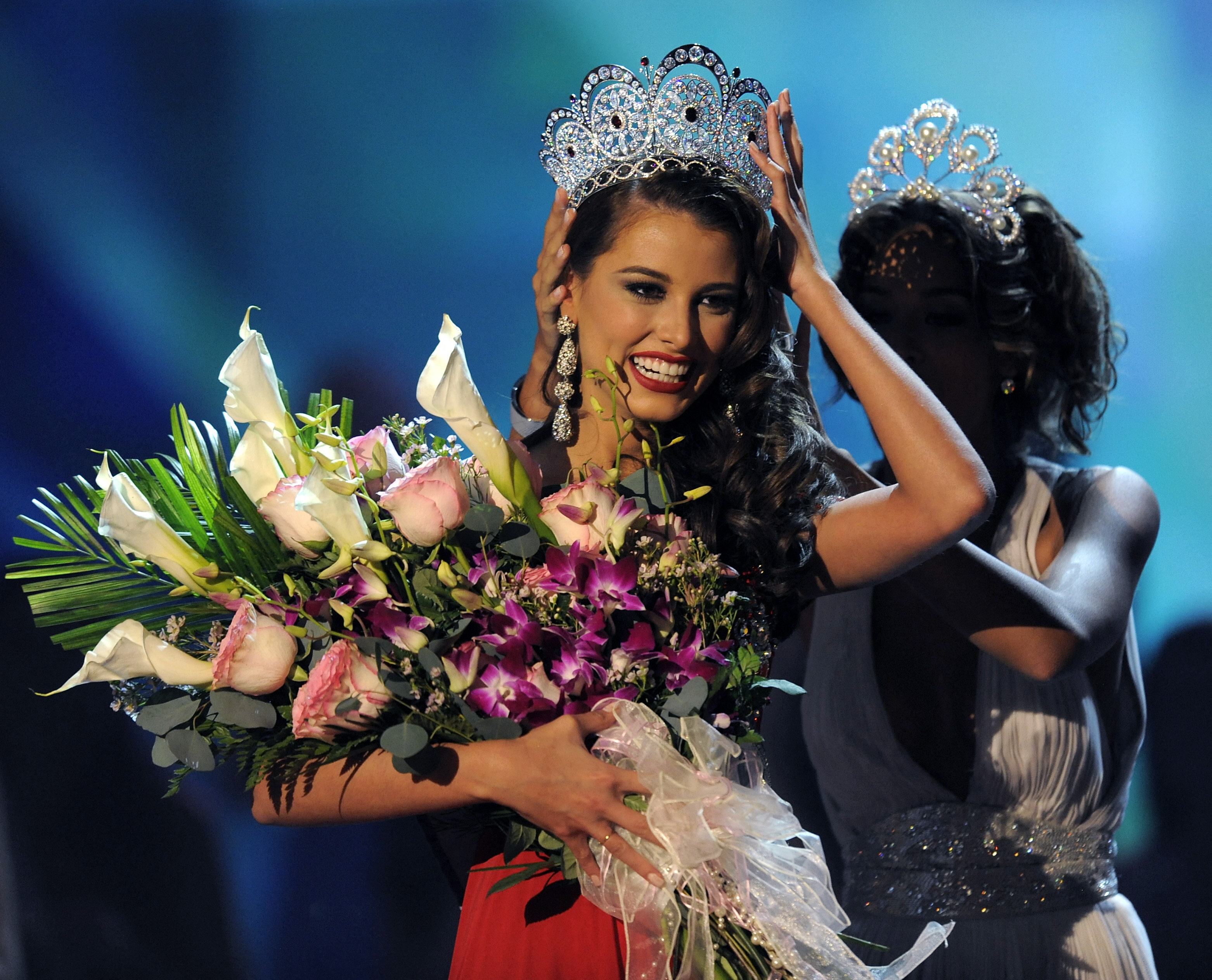
From 2009’s Stefanía Fernández to 2024’s Victoria Kjær Theilvig, a growing number of winners have publicly shared photos of themselves without makeup, hair extensions, or digital filters. In doing so, they've challenged stereotypes and inspired millions to accept their natural selves.
Social media has given many of these women a platform to share candid insights into their lives—from embracing postpartum stretch marks to posting bare-faced selfies and discussing mental health. For example, Gabriela Isler (2013) posted about her pregnancy-related skin changes, while Catriona Gray (2018) reminded followers that even beauty queens have insecurities.
The message is clear: beauty is no longer about flawlessness. It's about resilience, authenticity, and connection.
A Crown for a New Generation
As Miss Universe continues to evolve, it stands not just as a competition, but as a movement. It empowers women to speak their truth, embrace who they are, and lead by example. From embracing natural hair to lifting age restrictions and championing inclusivity, the pageant is redefining what it means to wear the crown.
In 2025, the world won’t just be watching a parade of beauty—it will witness the celebration of courage, culture, and the unbreakable spirit of women everywhere.
News in the same category


Man Plunges into Yellowstone Hot Spring – And Is Gone Without a Trace by the Next Day
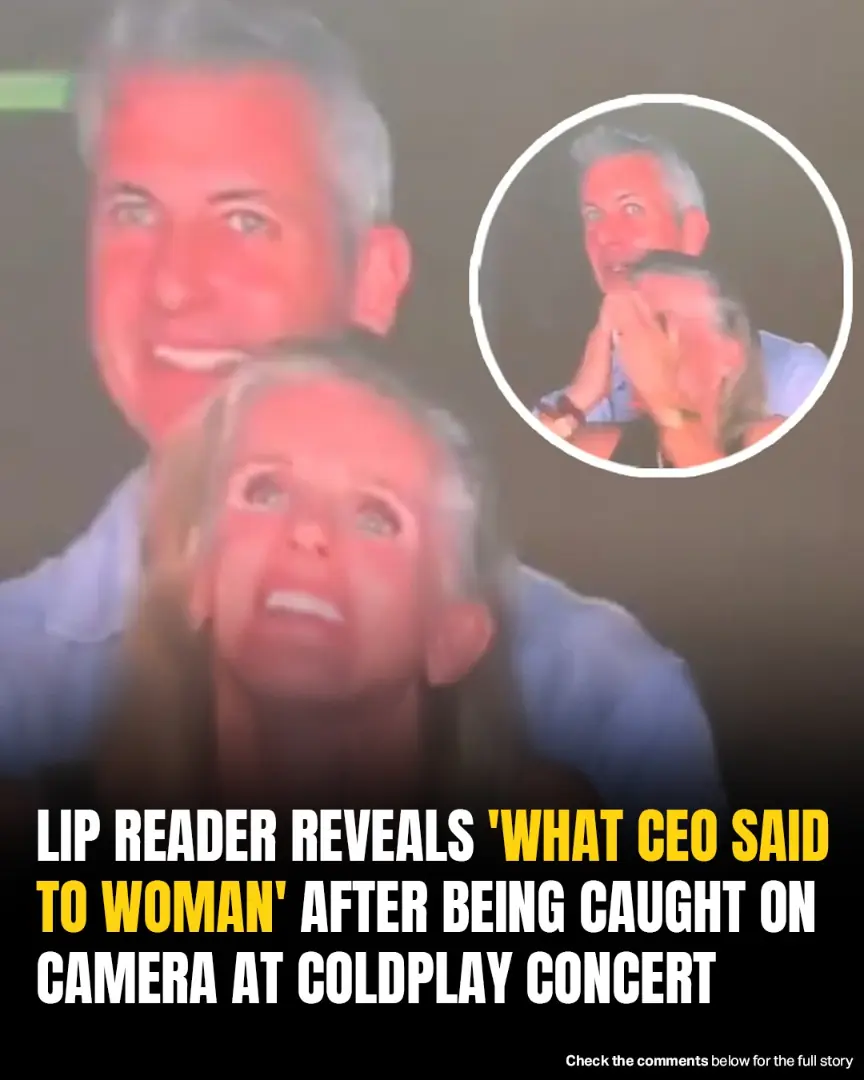
Lip Reader Reveals Shocking Words CEO Said To Woman On Coldplay Kiss Cam
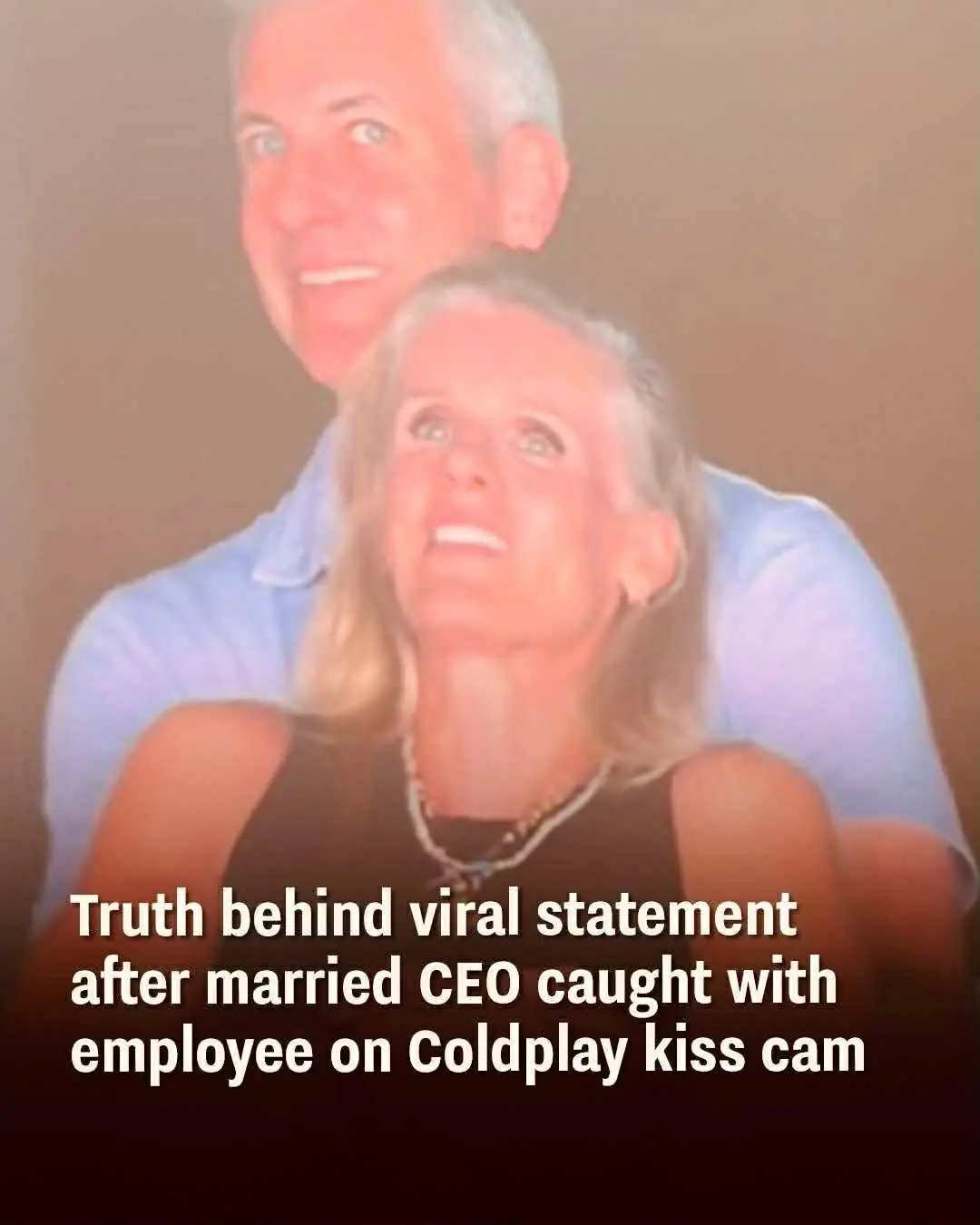
Truth behind viral statement after married CEO caught with employee on Coldplay kiss cam
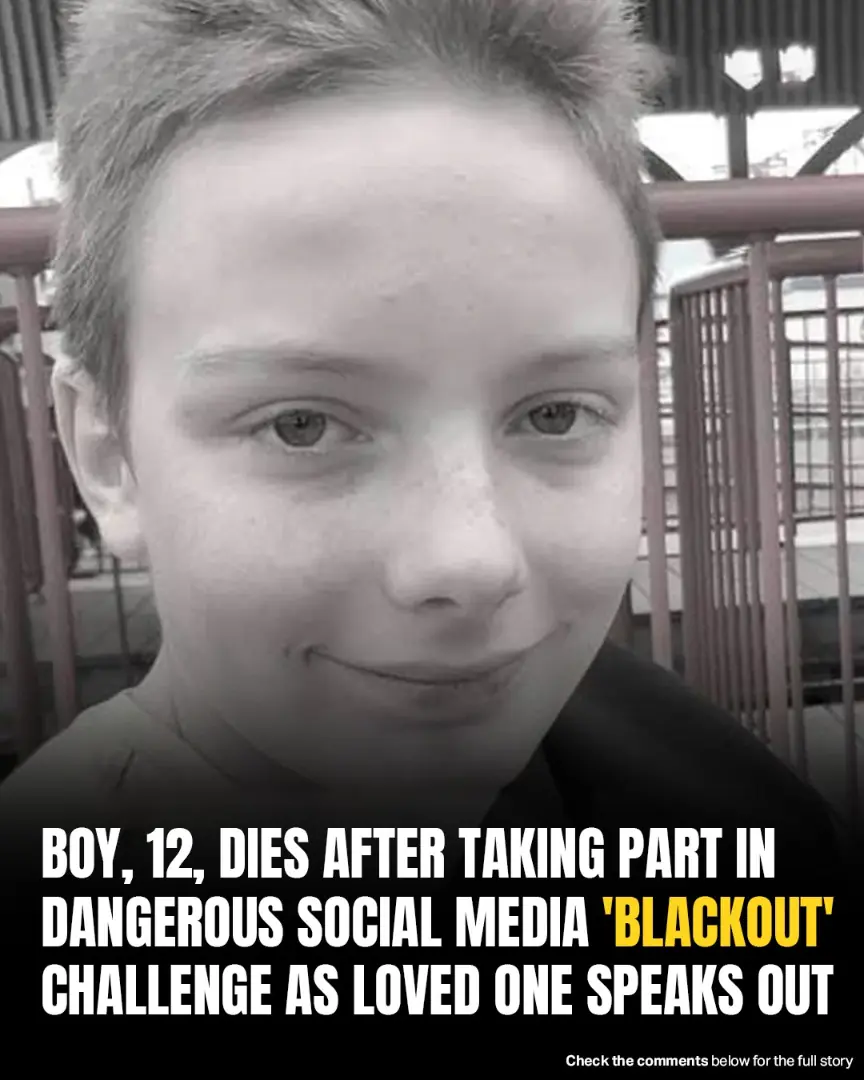
Boy, 12, Dies After Attempting Viral ‘Blackout Challenge’—Family Issues Heartbreaking Warning

RV Park Owner Describes Terrifying Sound As Floodwaters Swept Families Away

Nuclear Strike Survival Guide: The First 10 Minutes Could Save Your Life

The Incredible Story of a British Airways Pilot Who Survived Being Ejected from a Plane for 20 Minutes

University Of Rhode Island Graduate, 22, Dies Hours After Eating Peanut-Contaminated Snack

Airline Tragedy Followed Cancer Loss: Sisters Orphaned In Catastrophic Week
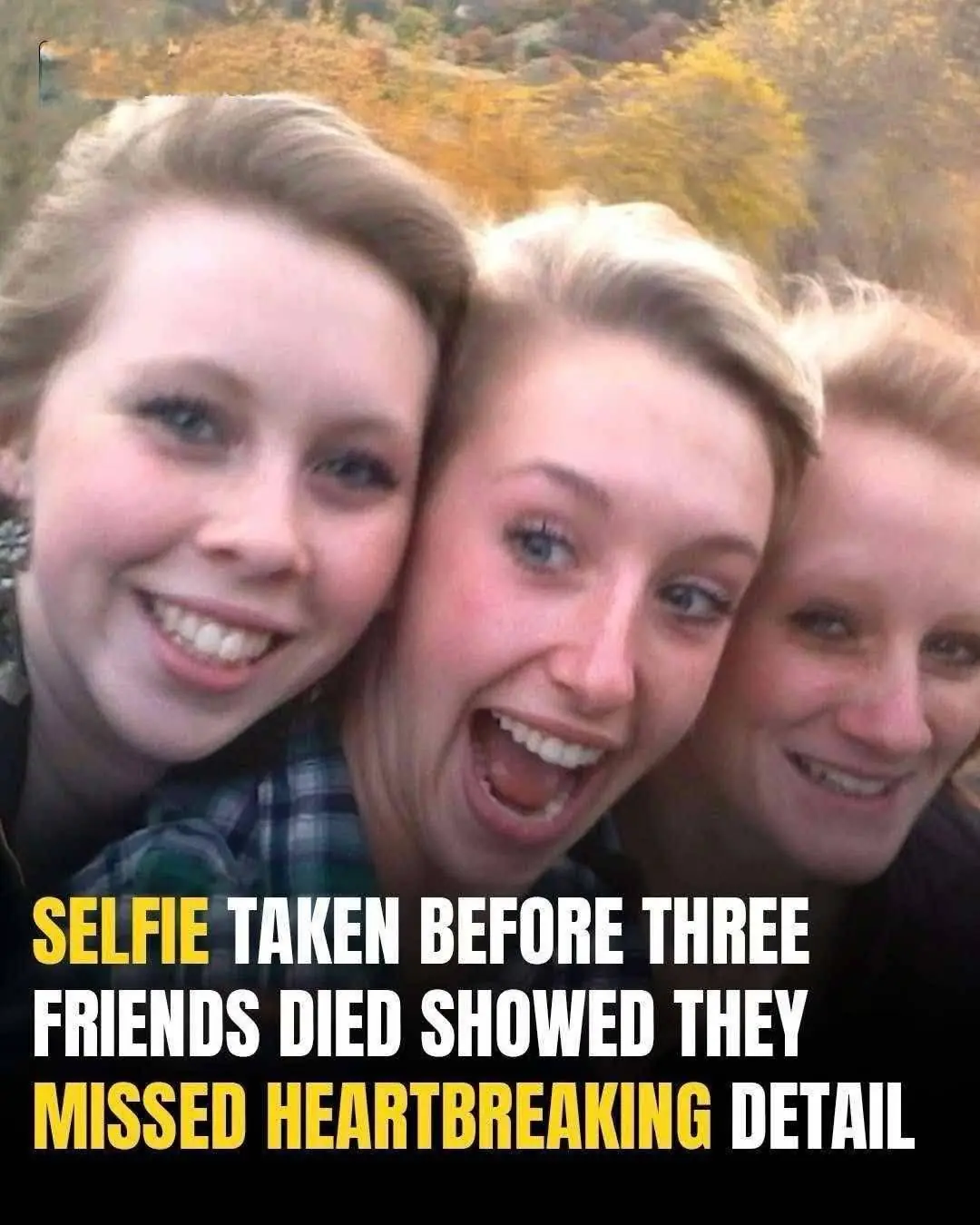
Tragic selfie reveals hidden danger that took three young lives

Bill Gates Predicts the Only Three Jobs He Believes Will Not Get Replaced by AI

Child who testified against mother in sister’s death speaks out 17 years later

Supervolcano Shows Signs of Waking, Scientists Say It Could Affect Entire Planet

Leaked Russian Map Pinpoints Seven U.S. Strategic Sites That Could Be First Hit In Nuclear War

The detailed escape story of the Air India crash survivor met with skepticism

For the Cost of an Iphone He made a House of only 89 Squares, but Wait Until you See Inside

The Safest Countries To Be In If World War 3 Begins

Experts Say 3 Major U.S. Regions Face Risk of Tsunamis and Flooding

Heartbreaking Voice Message From Pilot Before Crash Goes Viral — Here’s What He Said
News Post

Chaos as cruise ship passengers 'left behind' following major tsunami in Hawaii
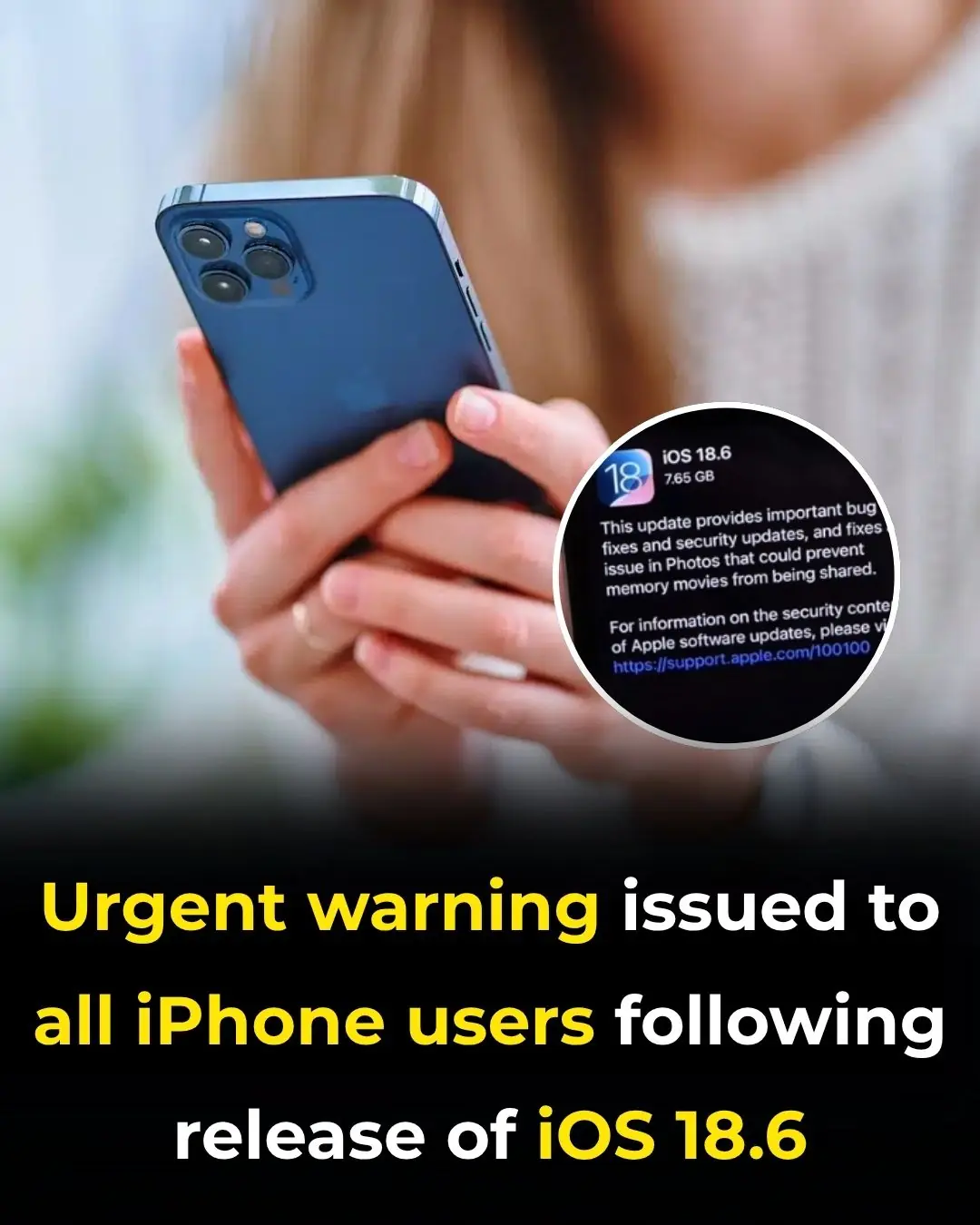
Urgent warning issued to all iPhone users following release of iOS 18.6
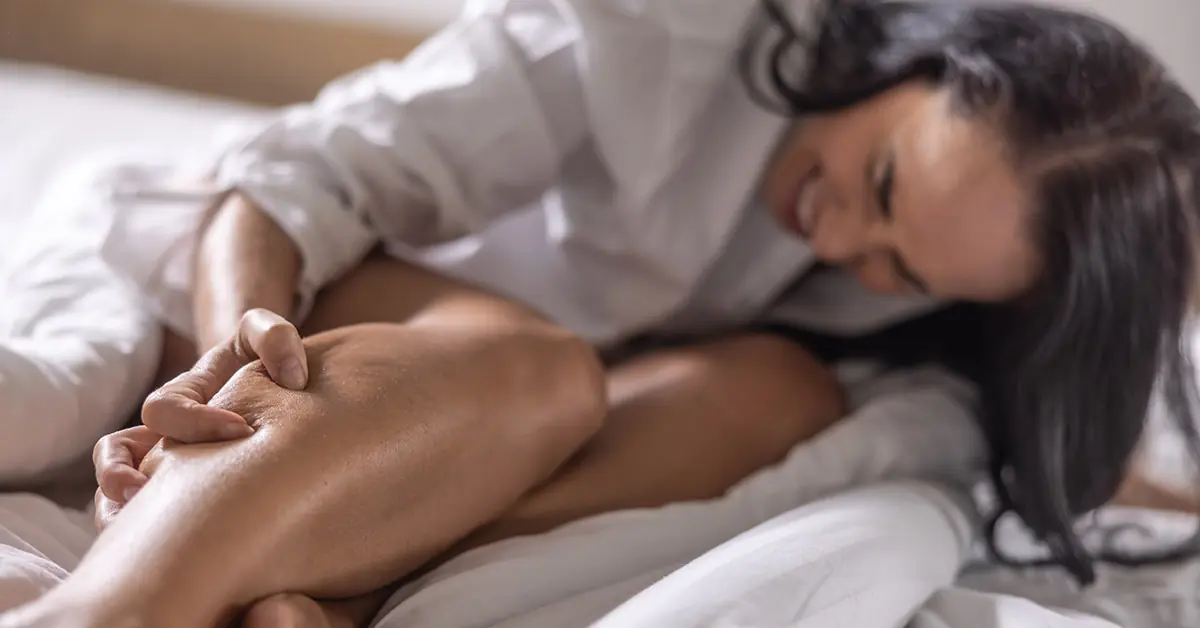
13 of The Best Natural Muscle Relaxers to Help With Cramps

Military Sleep Method Is 96% Successful and Will Send You to Sleep in Two Minutes
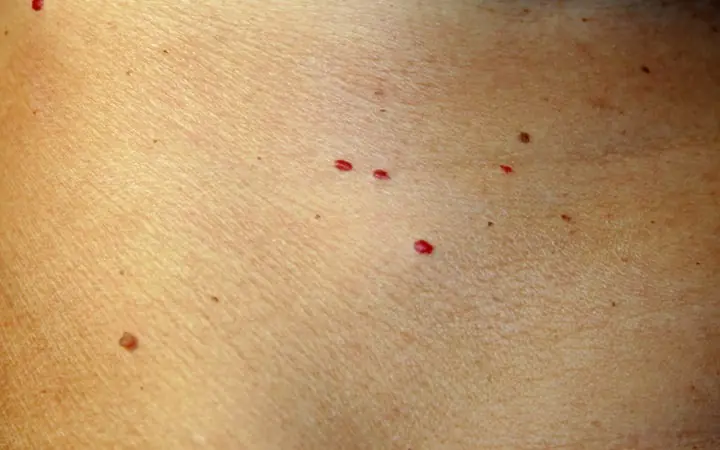
WHAT DO THESE RED DOTS ON YOUR SKIN MEAN?

Skywatchers Delight: Dual Meteor Showers And Upcoming Celestial Events

Global Tsunami Alarms Following 8.8‑Magnitude Earthquake—Sixth Strongest On Record

7 Early Signs Your Heart May Be in Danger – Don’t Ignore #3!
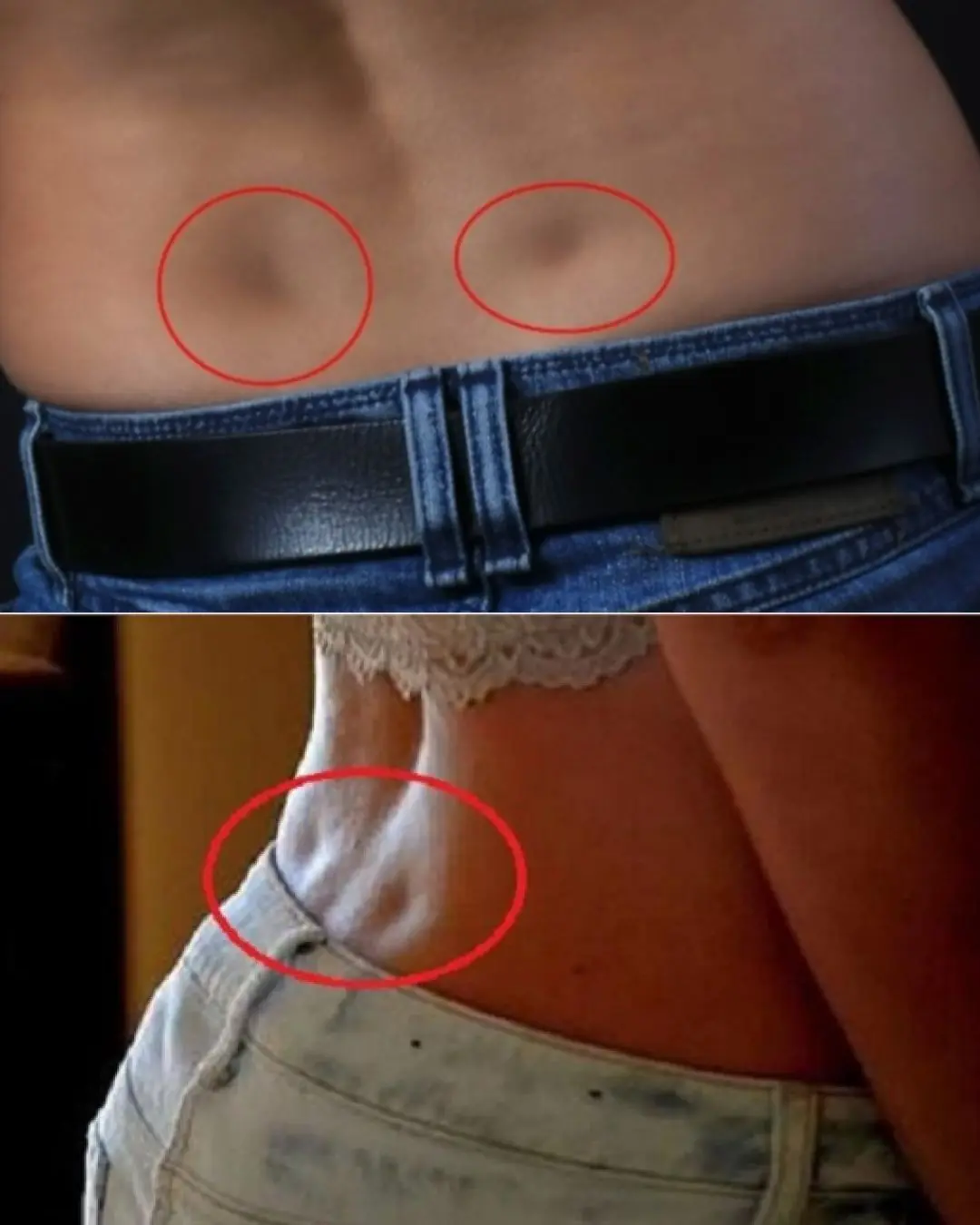
If you have these two holes in your back, it means you don’t…Read more

Volcano Eruption Adds To Chaos After 8.8-Magnitude Quake Rocks Russia’s Far East

Scientists Spark Debate Over Interstellar Visitor’s Strange Behavior

Exact amount of time one single cigarette takes off your life revealed in new study

Breakthrough male birth control pill just passed human safety testing
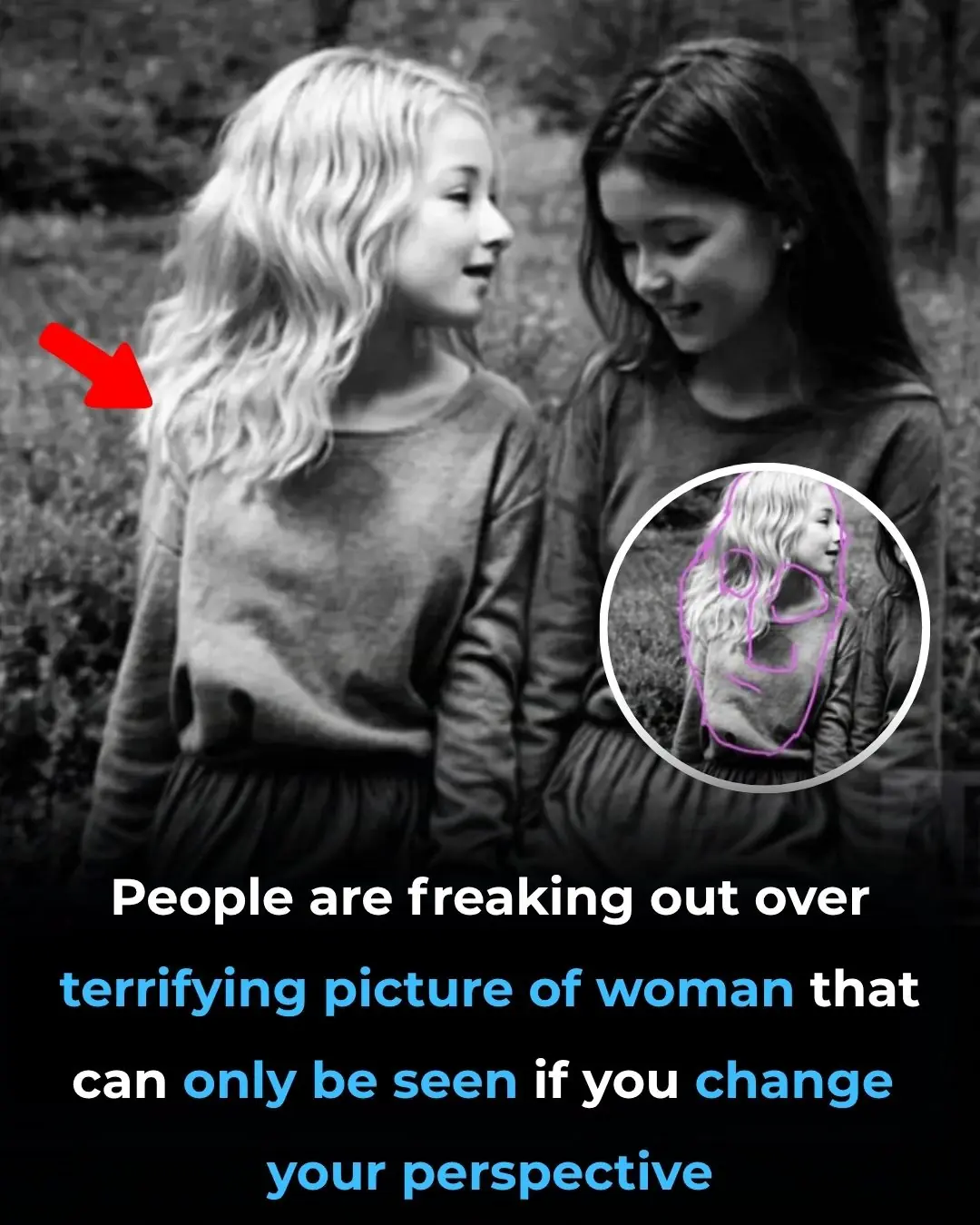
Terrifying Optical Illusion Of A Woman Only Visible At A Certain Angle Leaves People Freaking Out

3-year-old boy finds a 16th century gold pendant worth $4M while playing with his dad’s metal detector

You’ll Never Guess What Happened at These 3 Weddings

What Mixing Vinegar, Salt, and Water Does?

Doctors Warn: These 2 Daily Habits Are Destroying Kidneys—Many Lose Both Before Age 30
Doctors warn that both of these habits—excessive sodium intake and overuse of paink:illers—are preventable.

Ancient Warning Emerges On Hawaiian Shore Days Before Massive Earthquake
